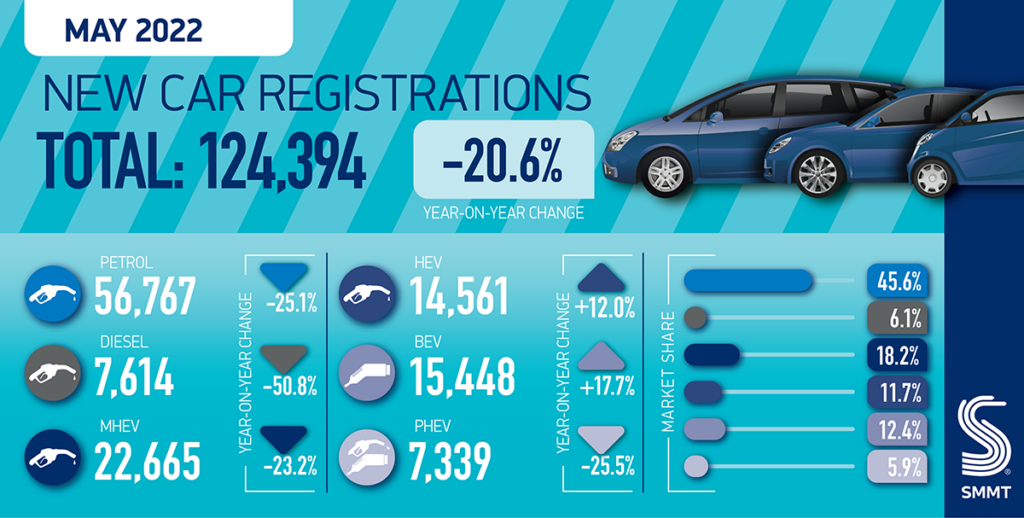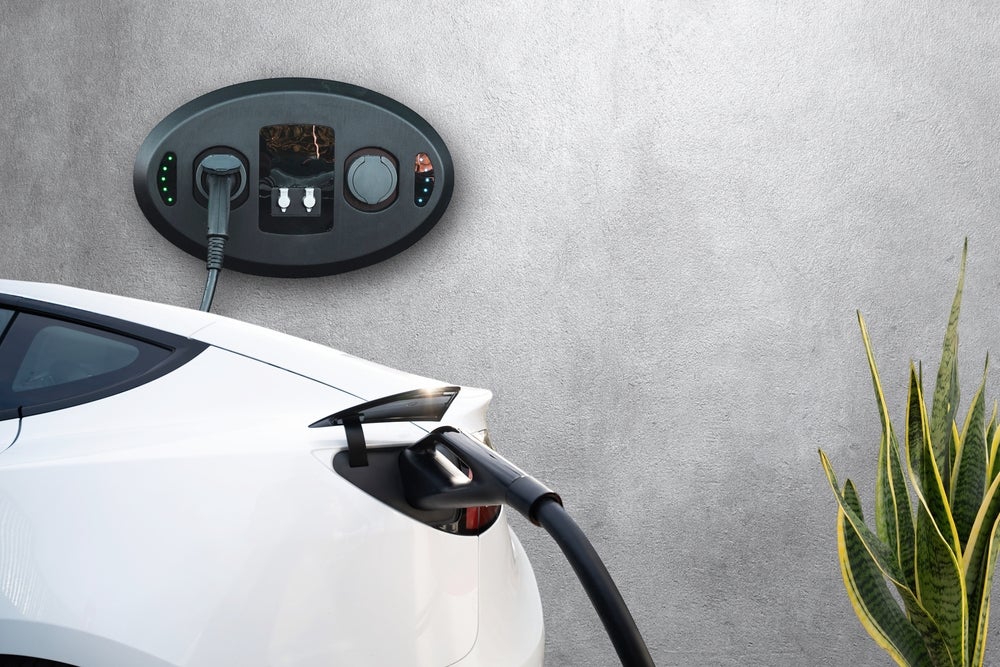
The UK is currently ahead of the required adoption curve to meet the government’s 2032 EV target, according to the latest available Department for Transport (DfT) statistics included in Volkswagen Financial Services UK’s first EV-tracking report.
However, prevailing economic headwinds for consumers are of concern and may well influence purchase levels in the short term.
Over the past decade, sales across the EV fleet – including battery electric cars (BEVs), plug-in hybrids (PHEVs), range-extended electric cars, and hybrid electric vehicles – have been modest, with accelerated sales volumes only commencing from around 2016, according to the DfT.
This increased momentum has intensified over the intervening six years and has further accelerated since the turn of the current decade, with 2021 delivering a significant step-change.

According to figures from the Society of Motor Manufacturers & Traders (SMMT), sales of EVs over the past year outstripped volume levels for the past five years combined.
As an example, total ULEV car sales (EV and PHEV) grew from 348,000 in Q3 2020 to 604,000 in Q3 2021, with eLCV (vans) sales jumping from 14,305 in Q3 2020 to 24,967 in Q3 2021.
How well do you really know your competitors?
Access the most comprehensive Company Profiles on the market, powered by GlobalData. Save hours of research. Gain competitive edge.

Thank you!
Your download email will arrive shortly
Not ready to buy yet? Download a free sample
We are confident about the unique quality of our Company Profiles. However, we want you to make the most beneficial decision for your business, so we offer a free sample that you can download by submitting the below form
By GlobalDataAs an illustration of 2021’s surge in EV adoption, sales of battery-electric cars increased by 154% versus the total car market increase of 23%.
When assessed in the context of the required sales levels as outlined on the Climate Change Committee adoption curve for 2032, it highlights that the UK was over 60,000 vehicles ahead of the curve at that point.
From an overall market perspective, the figures demonstrate that the volume of electric cars on UK roads currently accounts for 2.6% of all passenger cars (460,000 BEVs and 384,000 PHEVs against approximately 32 million cars in total).
Cost-of-living crisis
Whilst the strong sales performance of EVs during 2021 was notable – with the upwards trend also continuing through the early stages of Q1 2022 – it must be acknowledged that emerging social and economic challenges could impact the burgeoning EV market, particularly in the short term.
A combination of cost-of-living pressures, tax rises, escalating energy costs, and global market uncertainty, is denting consumer sentiment and affecting behaviour.
The result of this changing scenario for many is that larger discretionary purchases such as a new car may be delayed or even cancelled. The cost-of-living squeeze will likely mean some potential EV purchasers may not commit to a switch this year, particularly as such vehicles are perceived to be more expensive in relative terms when compared to combustion engine alternatives.
Of course, conversely, the impact of the hike in petrol and diesel prices at the forecourts cannot be discounted. The experience at the pumps may well persuade consumers that the adoption of an EV solution sooner rather than later is in their best long-term financial interest.
Mike Todd, CEO at Volkswagen Financial Services UK, said: “This first EV tracking report highlights the positive momentum that has, in recent years, seen increasing numbers of drivers switch from combustion engine vehicles to embrace a greener, more sustainable transport.
“The startling sales performance witnessed in 2021 is a recognition that for many an EV is the way to go. This has resulted in the UK tracking 60,000 vehicles ahead of the necessary adoption curve timescale to meet the Climate Change Committee’s target of 55% of all light-duty vehicles being battery powered in ten years’ time. This is a vital component of the nation’s net zero ambition.”







